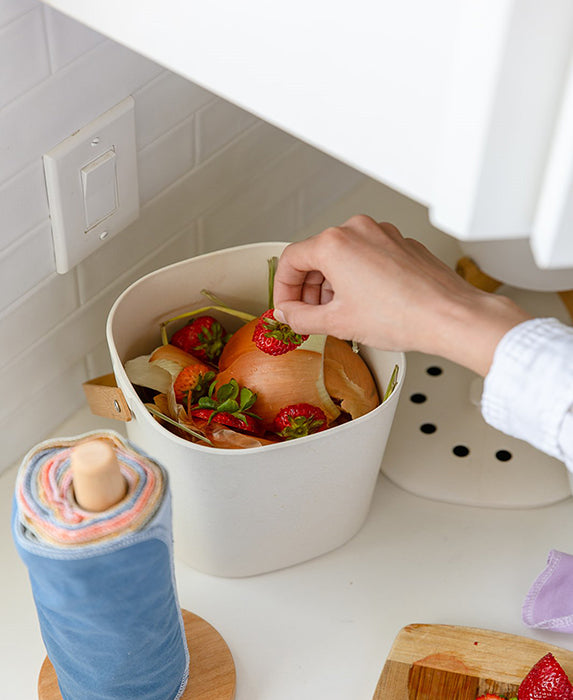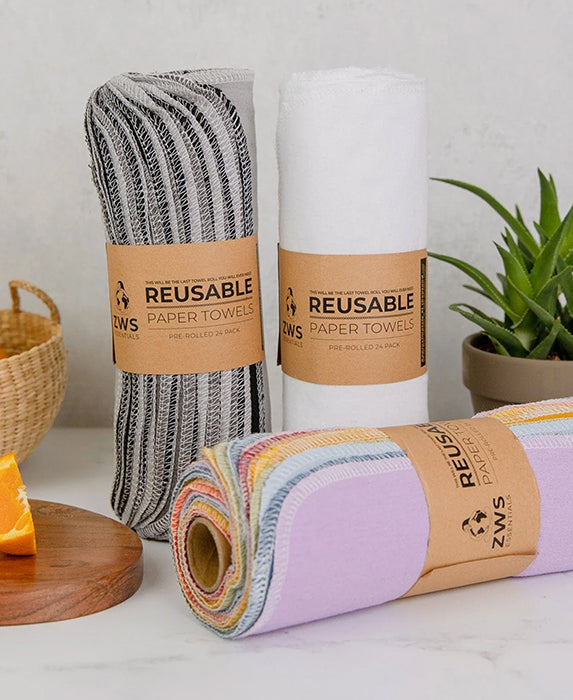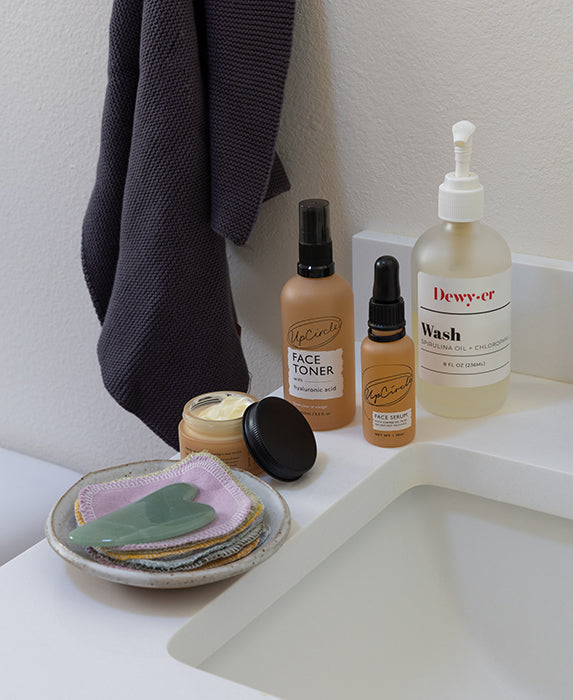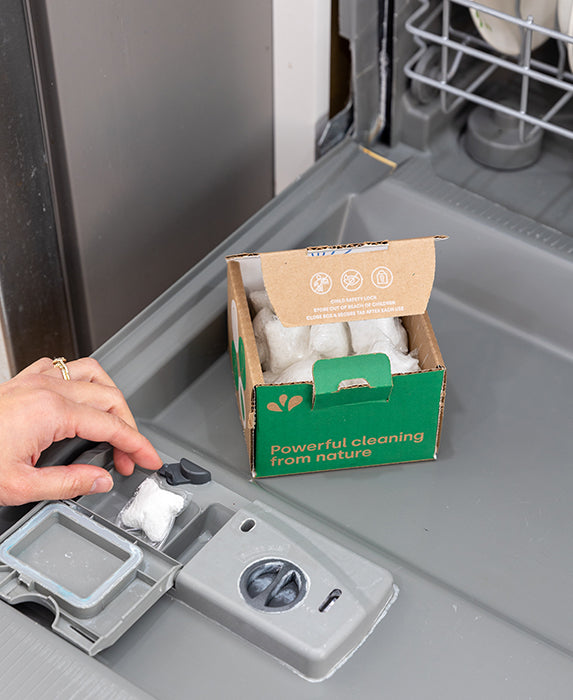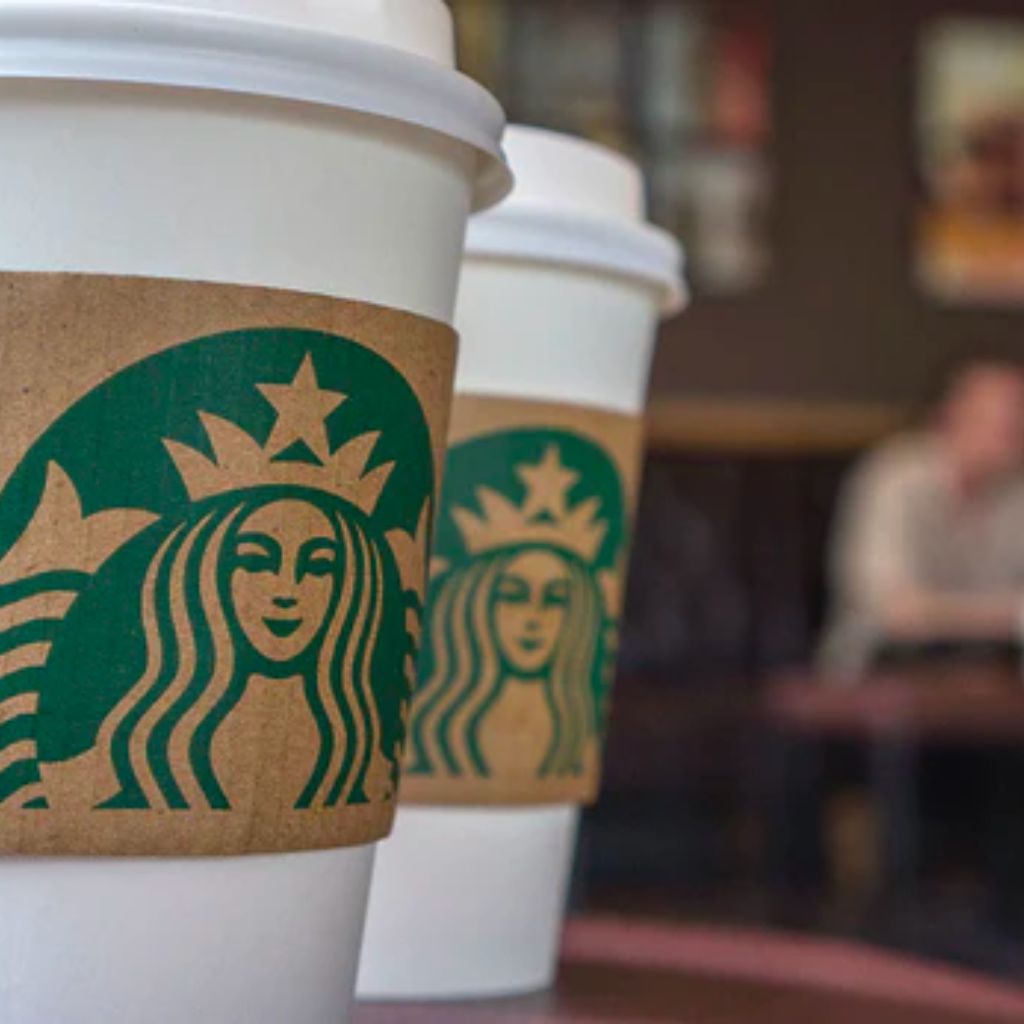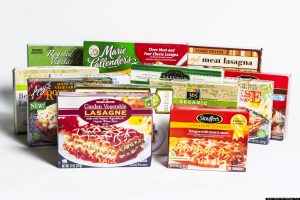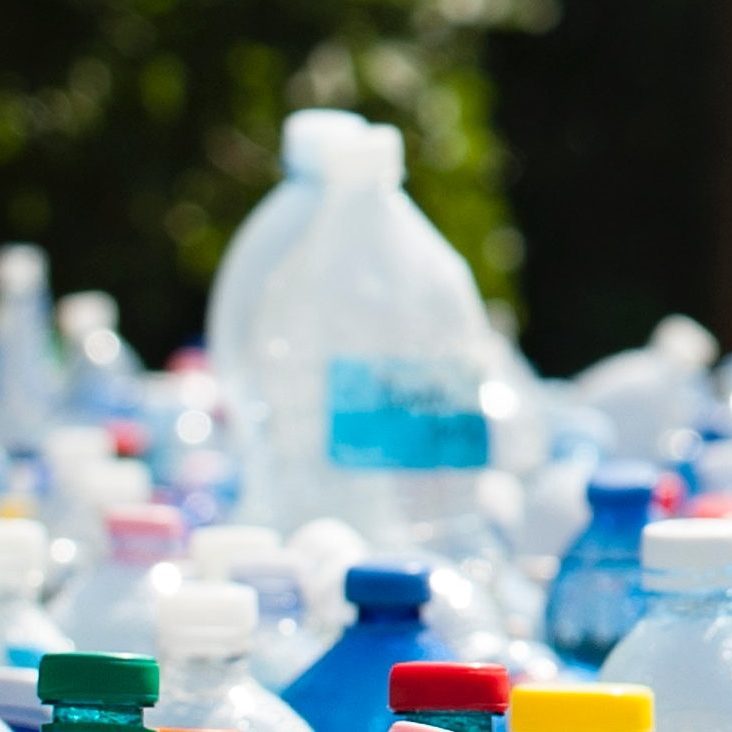We’ve all heard of reduce, reuse, recycle. Like most, you probably assumed that recycling was as simple as throwing anything and (almost) everything paper or plastic into the bin, and walking away guilt-free. News flash: recycling doesn’t work that way, and there’s a lot more to it than you might think.
In order for recycling to be a worthwhile way to collect and produce new materials, recycling facilities need to be profitable enough to support the recycling process–it is a business, after all! So, in addition to purchasing products made with recycled content, one of the best ways you can support recycling worldwide is to recycle properly.
Here’s some of our go-to tips for how you can recycle smarter, after reducing and reusing what you can. Your local recycling center, and the planet, will thank you!
1. Anything smaller than a Post-It note
Yep, that includes candy wrappers, scrap paper, small bits of aluminum foil, most bottle caps, etc. Stuff this small often can’t be picked up by manual or electronic recycling sorters, and can end up contaminating the rest of the recycling stream. Contamination simply means that foreign materials end up in the finished “bale” of recycled material, dirtying the finished product, and lowering the price the recycling center can resell that material for. With some items, like aluminum foil, you can save it up and form it into a ball larger than 2” wide. For most of these other small items, however, you’ll save the workers at the recycling center both time and energy by just tossing it.
2. Plastic bags
It’s plastic…so it can be recycled with everything else, right? Wrong. Thin plastic bags and films (think sandwich baggies or grocery bags) get caught up in the machines that sort recyclables, stopping the giant gears and potentially causing major damage. For most facilities, this means someone has to go in, by hand, to remove all the plastic bags, usually multiple times per day. If you’ve forgotten your reusable grocery bag and end up with disposables, we suggest you collect your single-use bags and drop them off at a large grocery store chain–most of them will take back grocery bags and send them to a separate recycling center. They must be clean and dry, and if you’re confused about what types of plastic films can be recycled, check for the #2 or #4 on the plastic to make sure they’re an acceptable material. When sent to the right facility, these plastic bags will be used to create new plastic bags, or plastic lumber for furniture, fencing, or playground equipment!
3. Frozen meal boxes
These tricky little boxes look like they’re just made of paperboard, but there’s a secret lining of plastic that makes this freezer essential totally unrecyclable by most centers. Even if the box says it’s recyclable, many facilities will send it to the landfill, as the polyethylene lining reduces the quality of any paper that ends up being recycled with it. Although there are a few cities like San Diego and Phoenix that allow these boxes to be recycled, we always recommend checking with your local recycler before making assumptions. If you’re unsure, do everyone a favor and toss it in the trash next time–or better yet, ditch the frozen meal altogether!
 4. Shredded paper
4. Shredded paper
Shredding bills and personal information is vital, so don’t stop doing that. But the sad truth is that thin paper pieces are too lightweight, and can fly around the recycling center with just a little wind. This floating paper can contaminate glass, aluminum, and metal recycling streams, or even get blown outside of the recycling plant and pollute the local environment. Check out your local recycling center for this one–some feature a secure paper shredder that protects your privacy and ensures your paper makes it to the recycling center, contamination free. Bonus points: if you can’t find an acceptable shredding service, just compost it!
5. Paper towels
Here’s another tricky one–paper towels. They’re literally called “paper”, so why can’t they head to the recycling center with all of your other notes and files? When paper gets recycled, it downgrades into a lower quality paper each time. Napkins and paper towels are usually made from this lower quality material, and are the end of the line for recycled papers. Sticking paper towels, especially used ones, into your curbside bin will just contaminate the clean paper that’s already been collected. Instead, stick it in your backyard or commercial compost bin, where it can turn into soil!

6. Starbucks hot cups
Lattes, matcha, cappuccinos, whatever–Starbucks cups for hot drinks (or pretty much any other coffee shop cup) can’t be recycled due to a thin plastic lining that keeps your coffee cup leak-free. This plastic lining is impossible to separate from the paper layer, rendering both materials non-recyclable. While they’re busy putting millions of dollars into finding the right compostable single-use cup, we suggest you swap it out for a reusable alternative you won’t need to put in the landfill.
7. Crushed aluminum cans
Did you know that aluminum and glass can be infinitely recycled? Yep, forever, and ever, and ever (and ever!). But, when you crush your aluminum cans, there’s a chance it could end up being missed by the recycling sorter and land in the landfill. Aluminum is the most recycled beverage container on the market, so great work there, but we still have a long way to go! Next time you’re enjoying an ice cold soda or drinking a refreshing beer, be sure to leave your aluminum cans uncrushed so it can be recycled for decades to come!
Meet the new golden rule: when in doubt, throw it out. But educate yourself so there’s less doubt to begin with! Most local recycling centers have detailed info on their website about what exactly they recycle, and what needs to go to the landfill. We wish everything could be recycled and recyclable (circular economy, what what!)–but until that day comes, let’s help out the awesome folks at recycling centers across the country by sorting our waste the right way.
Know of a confusing item that we forgot to mention? Let us know in the comments below!

